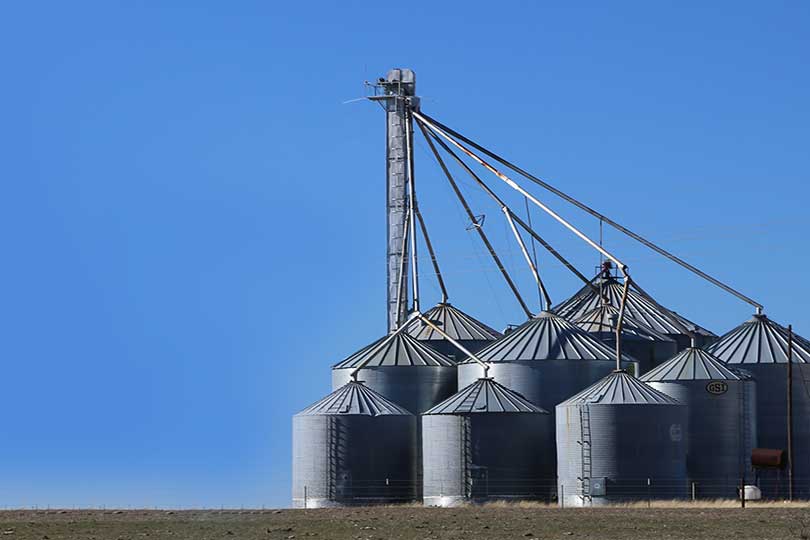By Julie Tomascik
Editor
Texas grain farmers have voted not to establish a statewide grain indemnity fund.
With a total of 813 valid ballots, 148 voted in favor of establishing the fund, which would have served as protection for farmers against financial failure of grain elevators and other grain buyers.
The Texas Department of Agriculture said the proposal didn’t receive the more than 50 percent vote needed to pass.
The Texas Legislature passed legislation to create the Texas Grain Producer Indemnity Board (TGPIB) in 2011 after several grain buyer financial failures resulted in Texas grain farmers losing millions of dollars.
This is the second time a grain indemnity fund referendum failed. A referendum with an assessment range, not a set rate, failed in 2012.
Texas Farm Bureau supported the referendum both times.
“We believed the grain indemnity concept could be a beneficial self-help tool for grain farmers,” Brant Wilbourn, TFB associate director of Commodity and Regulatory Activities, said. “Texas grain farmers, however, have once again voted in opposition. We are disappointed, but satisfied that grain farmers voiced their preference.”
Wilbourn cautioned farmers to be careful about where and to whom they market their product.
“Grain farmers could suffer significant losses, because there is very little protection in the process,” Wilbourn said.
Farmers voted on establishing a refundable assessment rate of two-tenths percent of the gross sales price of the grain in Texas at the first point of sale. The assessment would have been collected and remitted to the TGPIB.
The establishment of the grain indemnity fund would have allowed the TGPIB to award up to 85 percent of the financial losses incurred by farmers of corn, wheat, sorghum and soybeans when grain buyers fail to pay for grain.


Since it appears that the indemnity fund will never pass, there needs to be legislation putting farmers ahead of bankers when a grain merchandiser fails to pay their debts. In the case of Bee-Ag, the banks came out whole while farmers took the fall. The banks kept loaning money to Bee-Ag and kept the theft/conspiracy going and growing much larger. The whole disaster would have been shut down much earlier if the risk was put on the banks instead of the farmers. Legislators won’t have the guts to do anything, but one can dream.